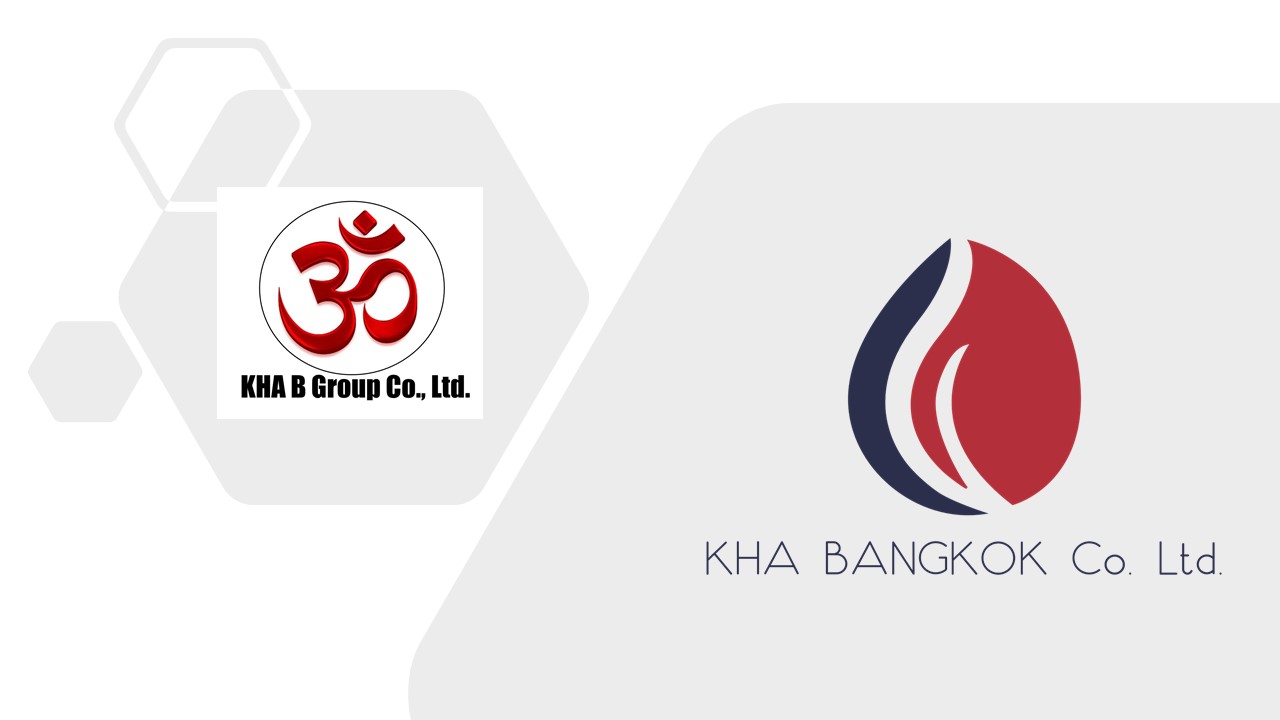With a strong healthcare infrastructure, highly skilled medical professionals, international standard medical services, and affordable healthcare costs, Thailand is a global hub for medical tourism. In 2019, approximately 3.5 million medical tourists visited Thailand. As of June 2022, the Joint Commission International (JCI) accredited 62 Thai medical institutes which offer all kinds of medical treatments, ranging from organ transplants to dental and cosmetic surgery. To focus on supporting infrastructure for medical tourism, Thailand is home to more than 38,512 healthcare facilities: private clinics: 24,800 (64%), public health and district health promotion center care facilities: 9,800 (25%), private hospitals: 370 (2%) and public hospitals: 294 (1%). Based on the Ministry of Public Health, most foreign tourists have received healthcare treatment at private hospitals in Thailand. Slightly more than one-third (31.4%) of private hospitals are in Bangkok.
Destinations Where International Medical Tourists Were Spending the Most in 2019
(USD Million, % of global total)

Sources: IMF
Out of 118 nations in the International Monetary Fund’s (IMF) dataset, Thailand placed fourth in medical tourism spending overall and is the only Southeast Asian (SEA) nation to place in the top fifteen. Out of total inbound tourism spending in Thailand, which reached $58 billion in 2019, medical tourism spending accounted for one percent, which indicates the attractiveness of the Thai medical tourism sector.
Before the COVID-19 pandemic, an increasing number of medical tourists traveled to Thailand to take advantage of the great value that top private Thai hospitals provide; allowing people access to high-quality care at top-notch facilities for a fraction of the cost they would find in their home countries. Doctors in the country are very well trained in the latest treatments and procedures, and hospitals are outfitted with the most cutting-edge medical technology. All private hospitals in Bangkok which offer medical services to patients from abroad have state-of-the-art facilities and technology, internationally trained doctors, and multilingual staff. Some now have desks set up at Bangkok’s Suvarnabhumi International Airport for arriving patients, and many offers special packages to foreigners, while some have in-house visa extension facilities to help those who must overstay their visas while undergoing medical treatment. Thai private hospitals offer excellent amenities and customer service which resemble that of world-class hotels. Favorite medical treatments among medical tourists include cosmetic surgery, dental treatment, and medical check-up including MRI, PET/CT scans, mammography, heart surgery, and joint replacements.
In 2021, the value of Thailand’s medical device market was approximately $6 billion. To cope with the COVID-19 pandemic, local manufacturers increased their production of personal protective equipment (PPE). Exports of Thailand’s medical devices increased 22% over the previous year, because Thailand is a major producer and exporter of PPEs such as nitrile surgical gloves and surgical masks.
In April 2021, the Thai Food and Drug Administration (Thai FDA) issued new medical device regulations as part of an effort to align the country’s regulatory system with rules established in the ASEAN Medical Device Directive (AMDD). The new regulations require technical data for all medical devices: this data is to be submitted using the ASEAN Common Submission Dossier Template format.
Table: Medical Devices (Millions USD)
2020 2021 2022 (Estimated)
Total Local Production 3,880 4,474 4,921
Total Export 2,716 3,259 3,584
Total Imports 5,180 4,880 5,124
Total Market Size 6,344 6,095 6,461
(Total market size = (total local production + imports) – exports)
Source: Medical Devices Intelligence Unit (MEDIU), Thailand Office of Industrial Economics
Leading Sub-Sectors
- Medical devices used to diagnose and treat COVID-19 such as diagnostic tests, N95 masks, PPE coverall, sterilizers
- In vitro diagnostic devices (IVD) especially COVID-19 RT PCR tests, and rapid antigen tests
- Cardiovascular devices
- Dental devices
- Dermatological devices
- Electro-diagnostic devices
- Neurological and surgical devices
- Ophthalmic and optical devices
- Orthopedic and fracture devices
- Rehabilitation equipment
- Therapeutic respiration devices
- Ultrasound and X-ray devices
- Health information technology
Opportunities
Thailand has an aging population, with 20 percent of its population forecasted to be over the age of 60 by 2022, increasing to 30 percent by 2035. This societal change is creating an imminent need for support services and facilities catering to an increasingly elderly population. Real estate developers are partnering with hospitals in developing senior care residence projects. Major public hospitals are developing their facilities to serve the elderly population. As a result, demand exists for related medical devices, products, and services for elder care.
The Thai government plans to turn Phuket into a world-class hub of medical tourism by 2028. Phuket plans to construct an international medical tourism complex called “Medical Plaza”. The first development phase will include construction of four specialized medical treatment facilities – a general medical health center, a cardiac center, an international senior care facility, and a center for physical rehabilitation and anti-aging. In the second phase, three more specialized centers will be constructed, including the Bamrasnaradura Infectious Disease Institute headquarters, a Tropical Diseases Institute, and the Andaman Cancer Center.
Mahidol University, Amata Corporation Public Company Limited, and Thailand Center of Excellence for Life Sciences (TCELS) have collaborated on a project called “Mahidol-Amata Medi-town”. This project aims to provide world-class international medical services and to collaborate on pharmaceuticals, medical equipment, and research, with a focus on international cooperation to become a world-class medical Hub. Amata Corporation and Siriraj Hospital plan to build a world-class cancer treatment center in Amata Meditown. Amata and Siriraj Hospital plans to partner with the world’s top cancer hospitals.
Source:Trade.Gov, IMF, Medical Devices Intelligence Unit (MEDIU), Thailand Office of Industrial Economics


